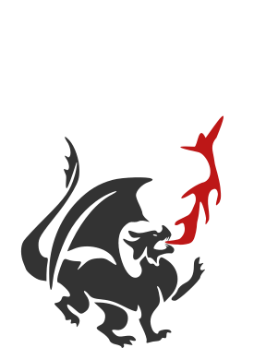Question: If you are playing with money, what happens if a Wall Game occurs? Answer: There is a common house rule that is called, “Wall Game Kitty.” This ruling is not found in Mah Jongg Made Easy. Here’s how it works: When a game ends in a wall game, each player contributes a quarter into […]
Question: What does the term “Mush” mean in Mah Jongg? Answer: “Mush” refers to a house rule that is not officially recognized by the National Mah Jongg League. It involves an optional exchange of tiles after the Charleston phase. Players who choose to participate place tiles they want to exchange in front of their rack, […]
Question: What are “Hot and Cold Wall?” Answer: Playing with hot and cold walls are consider table rules. Table rules are not sanctioned by the National Mah Jongg League. Since table rules are set for this variation it is not possible to list all the rules here. “Hot Wall” and “Cold Wall” table rules are […]
Question: Does the National Mah Jongg League support house rules? Answer: The National Mah Jongg League does not support house rules because they feel they are not conducive to the game and may lead to arguments. The National Mah Jongg League is available to answer calls for any questions that follow their rules. These rules […]
Question: What does “PIE” mean? Answer: “PIE” is a table rule that restricts the maximum amount a player can lose during the game, usually $5. Once a player’s coins are depleted, they can continue playing without incurring further losses. They only need to contribute to payouts once they start winning again. Some players say that […]
Question: Why don’t all Mah Jongg groups play the same way? I was invited into a new game and they implemented rules I’d never heard about. Answer: Although Mah jongg has a formal set of rules, it is not uncommon to find that some players have adopted their own house rules and/or have decided to […]

